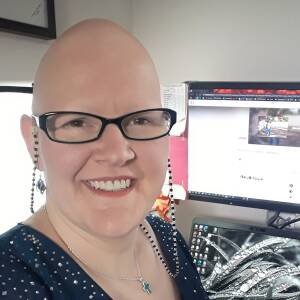Hmm, guess the clocks changed then!
Made it down to the train for 5:15 today, but it was completely dark. It was, however, nice to leave the house in the light, at least for a few weeks!
Spent part of today's day at work tweeting Stephen Fry and then posting stuff online about the last episode of QI, but without response so far. It was a busy weekend, and I didn't watch QI on Friday, and came in to e-mails, Facebook posts and tweets from colleagues about the use of what we in The Leprosy Mission and our colleagues in other organisations involved in leprosy work call the 'L' word. The word 'leper' is one we are keen to see consigned to the past because of the stigma associated with the disease, which is as real as ever in many parts of the world. See here for a really good explanation of why. It was actually very disappointing as TLM England and Wales and TLM Scotland had complained to the BBC several times about use of the word, and had had a response saying that it had been put on a list of words which would no longer be used.
Edit: So you understand a little of what leprosy stigma can look like, TLM Scotland & Scottish Govt support a socio-economic development/advocacy project in rural Bangladesh. There are real examples of recent cases where if someone is diagnosed with leprosy the community builds them a hut with a high fence around it outside the village and they have to live there and are not allowed to leave. Their family has to pass food to them through the fence. When they die (leprosy is not fatal, it could be many, many years living in what is effectively a cage), the whole thing is burned down with their body inside.
Of course this is extreme and most people face less obvious stigma, but what must it be like to not be allowed to buy a cup of tea from a street stall without having to provide your own cup. The stall holder won't even touch it but will only pour the tea into the cup when you've placed it on the ground.
In parts of India (which has signed the UN declaration on human rights), you can't stand for public office if you've ever had either leprosy or TB, even if it was 40 years ago and you were cured immediately.
In Angola people are considered 'shadows', and so don't apply for identity documents, and so have no access to any government services. Leprosy is completely curable, most people are immune and if caught early can leave no after effects at all. Sadly the stigma means many people delay seeking medical help and so end up with disabilities. I could continue for a long time, but I won't.

Comments
Sign in or get an account to comment.


